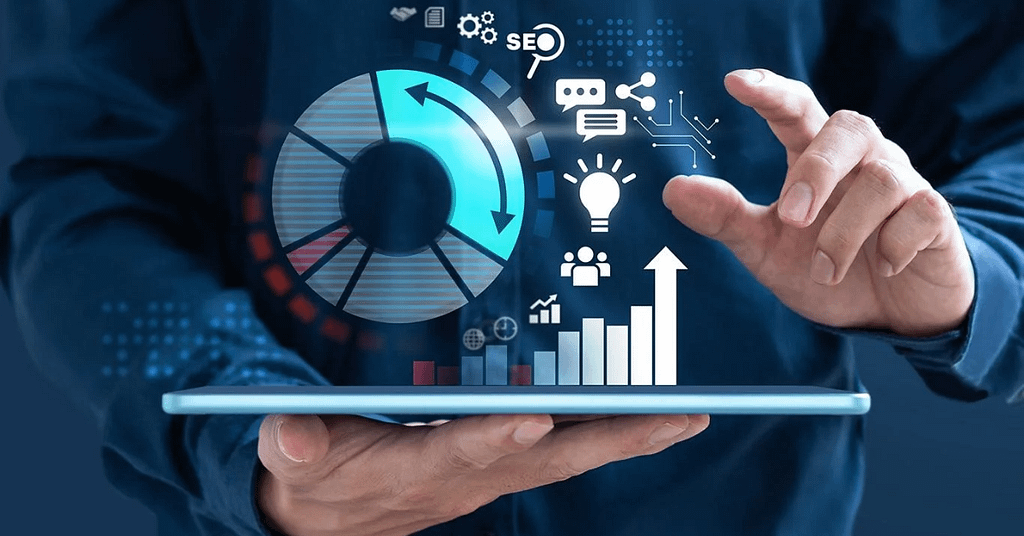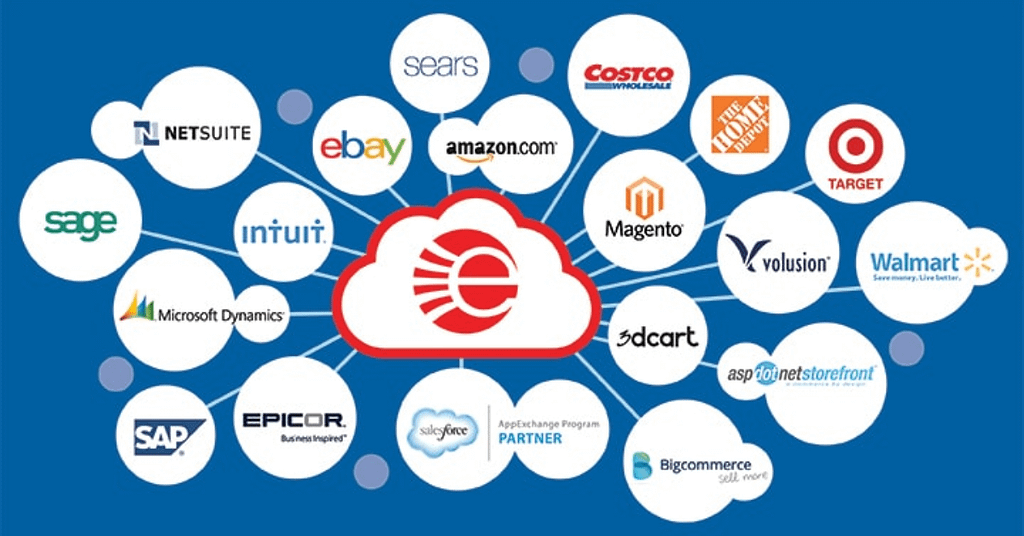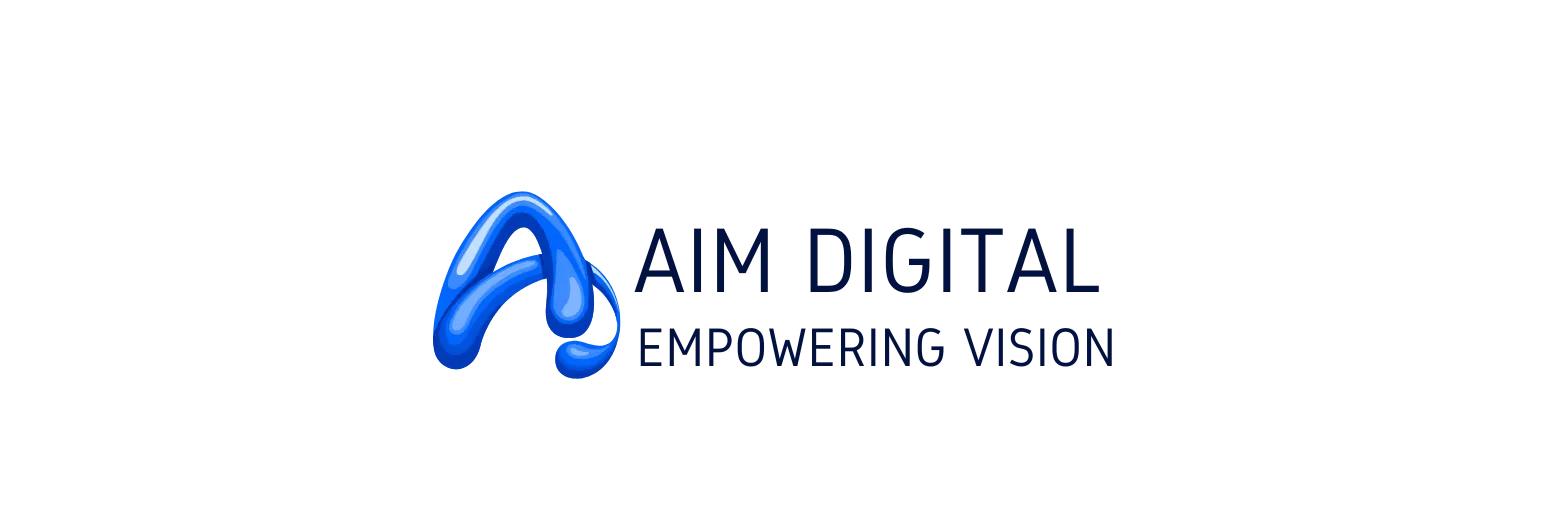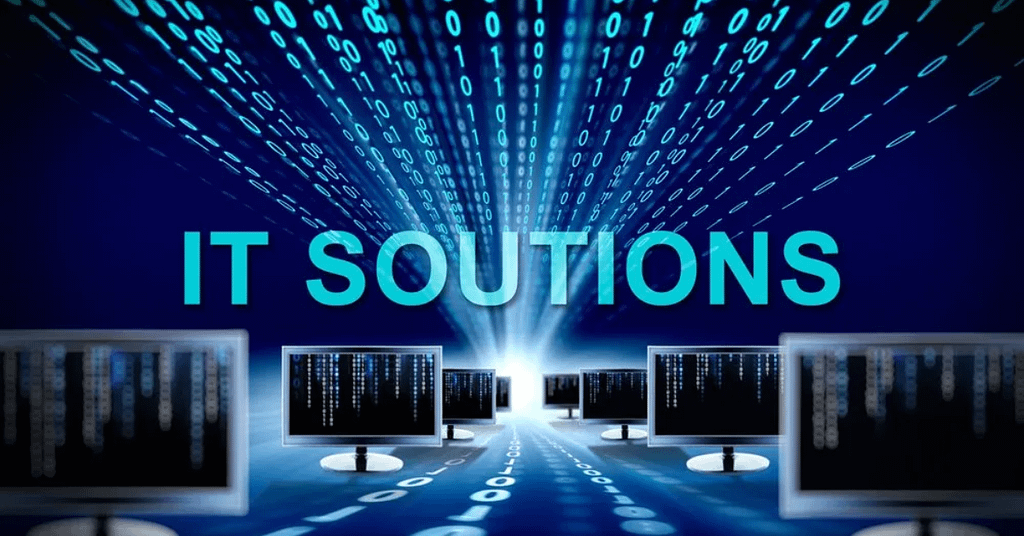The retail industry in the UK is undergoing a digital transformation, driven by changing consumer behaviours, increased competition, and the need for operational efficiency. To stay ahead, retail businesses must leverage the right IT solutions. From point-of-sale systems to inventory management and customer analytics, technology plays a pivotal role in shaping the future of retail.
In this article, we’ll explore the best IT solutions for retail businesses in the UK, helping you streamline operations, enhance customer experiences, and drive growth.
Why IT Solutions Are Crucial for Retail Businesses

The retail sector is highly competitive, and customer expectations are higher than ever. Shoppers demand seamless experiences, both online and in-store. Here’s why investing in the right IT solutions is essential:
- Improved Customer Experience: Technology enables personalised shopping experiences, faster checkouts, and better customer service.
- Operational Efficiency: Automating processes like inventory management and payroll reduces errors and saves time.
- Data-Driven Decisions: Retailers can use data analytics to understand customer behaviour and optimise their strategies.
- Omnichannel Integration: IT solutions help bridge the gap between online and offline channels, creating a unified shopping experience.
For UK retailers, adopting the right IT solutions is not just about staying competitive—it’s about survival in an increasingly digital world.
Top IT Solutions for Retail Businesses in the UK
1. Point-of-Sale (POS) Systems
A modern POS system is the backbone of any retail business. It streamlines transactions, tracks sales, and integrates with other systems like inventory management and customer loyalty programs.
Key Features to Look For:
- Cloud-based functionality for real-time data access.
- Integration with payment gateways like PayPal and Apple Pay.
- Customisable reporting for sales analysis.
Popular Options:
- Square: Ideal for small to medium-sized retailers.
- Lightspeed: Offers advanced features for larger businesses.
- Vend: Great for multi-store operations.
2. Inventory Management Software
Efficient inventory management is critical for retail success. Overstocking leads to increased costs, while understocking results in lost sales. Inventory management software helps you strike the right balance.
Key Features to Look For:
- Real-time stock tracking.
- Automated reordering to prevent stockouts.
- Integration with POS and eCommerce platforms.
Popular Options:
- TradeGecko (QuickBooks Commerce): Perfect for growing retailers.
- Cin7: Offers advanced features for omnichannel businesses.
- Zoho Inventory: Affordable and user-friendly.
3. eCommerce Platforms

With the rise of online shopping, having a robust eCommerce platform is non-negotiable. It allows you to reach a wider audience and provide a seamless shopping experience.
Key Features to Look For:
- Mobile-friendly design.
- Secure payment gateways.
- Integration with inventory and POS systems.
Popular Options:
- Shopify: Easy to use and highly customisable.
- WooCommerce: Ideal for businesses already using WordPress.
- Magento: Best for large retailers with complex needs.
4. Customer Relationship Management (CRM) Systems
A CRM system helps you manage customer interactions, track sales, and build lasting relationships. It’s particularly useful for retail businesses with loyalty programs or subscription services.
Key Features to Look For:
- Customer segmentation for targeted marketing.
- Integration with email and social media platforms.
- Analytics to track customer behaviour.
Popular Options:
- Salesforce: Offers advanced features for large retailers.
- HubSpot: Great for small to medium-sized businesses.
- Zoho CRM: Affordable and scalable.
5. Data Analytics and Business Intelligence Tools
Data is a goldmine for retailers. Analytics tools help you understand customer preferences, track sales trends, and optimise your marketing strategies.
Key Features to Look For:
- Real-time dashboards for quick insights.
- Predictive analytics for forecasting.
- Integration with other retail systems.
Popular Options:
- Google Analytics: Essential for tracking website performance.
- Tableau: Great for visualising complex data.
- Power BI: Ideal for businesses using Microsoft products.
6. Cybersecurity Solutions
Retail businesses are prime targets for cyberattacks due to the sensitive customer data they handle. Investing in cybersecurity is crucial to protect your business and maintain customer trust.
Key Features to Look For:
- End-to-end encryption for transactions.
- Regular security audits and updates.
- Employee training to prevent phishing attacks.
Popular Options:
- Norton Small Business: Affordable and easy to use.
- McAfee: Offers comprehensive protection for retailers.
- Kaspersky: Known for its advanced threat detection.
7. Omnichannel Retail Solutions
Today’s customers expect a seamless experience across online and offline channels. Omnichannel solutions integrate your physical stores, eCommerce platform, and mobile apps into a unified system.
Key Features to Look For:
- Centralised inventory management.
- Unified customer profiles.
- Consistent branding across all channels.
Popular Options:
- Shopify Plus: Designed for large retailers.
- Salesforce Commerce Cloud: Offers advanced omnichannel features.
- Magento Commerce: Ideal for businesses with complex needs.
Benefits of Implementing IT Solutions in Retail
- Enhanced Customer Experience: Personalised recommendations, faster checkouts, and seamless omnichannel experiences keep customers coming back.
- Increased Efficiency: Automating repetitive tasks frees up time for your team to focus on strategic activities.
- Better Decision-Making: Data-driven insights help you make informed decisions and stay ahead of trends.
- Cost Savings: Streamlined operations and reduced errors lead to lower costs.
Challenges and How to Overcome Them
While IT solutions offer numerous benefits, implementing them can be challenging. Common issues include high costs, resistance to change, and lack of expertise. Here’s how to address these challenges:
- High Costs: Start with essential solutions and scale up as your business grows. Look for affordable options like open-source software.
- Resistance to Change: Involve your team in the decision-making process and provide training to ease the transition.
- Lack of Expertise: Partner with IT consultants or managed service providers (MSPs) to fill skill gaps.
Final Thoughts
The right IT solutions can transform your retail business, helping you stay competitive in a rapidly evolving market. Whether you’re a small boutique or a large chain, investing in technology is key to improving efficiency, enhancing customer experiences, and driving growth.
Start by identifying your business needs and exploring the solutions mentioned above. With the right tools and strategies, you can future-proof your retail business and achieve long-term success.
Ready to Transform Your Retail Business?
If you’re ready to take your retail business to the next level, contact our team of IT experts today. We’ll help you choose and implement the best IT solutions tailored to your unique needs. Let’s build the future of your retail business together!

